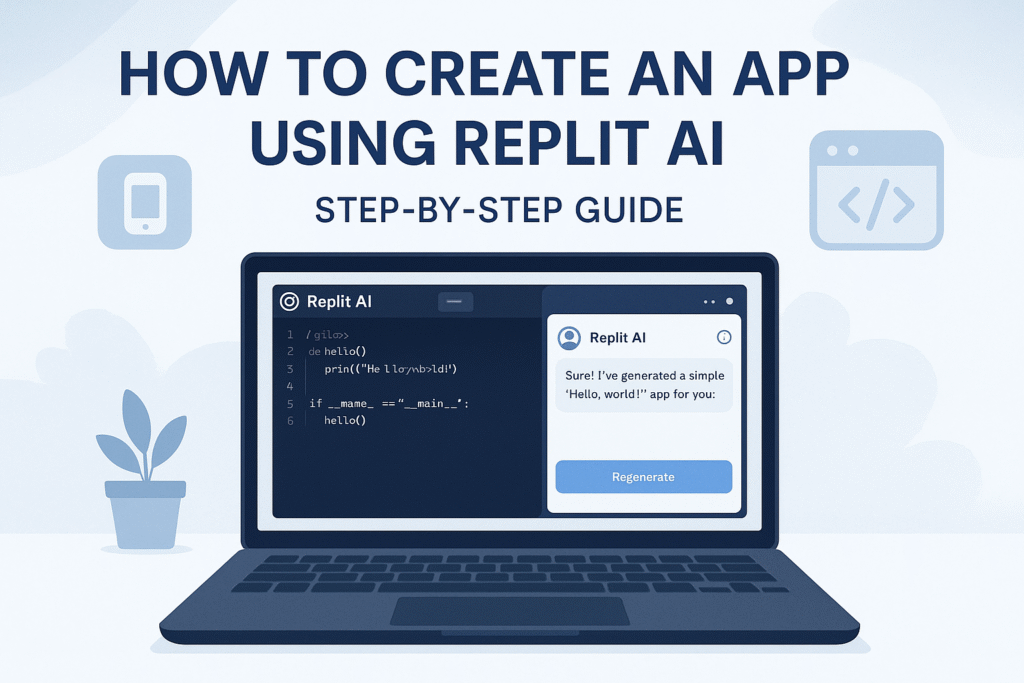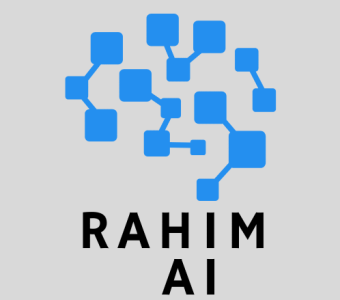Technology evolves at lightning speed—and 2025 is no exception. One of the most revolutionary shifts we’re seeing is the emergence of the AI software engineer. No longer just a futuristic concept, AI-driven development is now a real-world tool transforming how applications are built, deployed, and maintained.
So what exactly is an AI software engineer, and how is it changing the landscape for developers, businesses, and tech users alike? Let’s explore.
Table of Contents
What Is an AI Software Engineer?
An AI software engineer can refer to two things:
- A human software engineer who specializes in artificial intelligence systems, and
- An AI-powered system that performs coding and development tasks with little to no human intervention.
In this article, we’ll focus on the second definition—AI systems that can write, debug, test, and optimize code, acting as autonomous or semi-autonomous developers.
Why Is the AI Software Engineer Trending in 2025?
In 2025, developers are using AI more than ever to write code, generate UI components, find bugs, and even push code to production. Tools like Replit Ghostwriter, GitHub Copilot, and Amazon CodeWhisperer are already proving that AI software engineers aren’t a threat—they’re powerful allies.
Here are the key drivers behind this trend:
- Faster development cycles
- Cost-efficient software production
- Fewer human errors in logic and syntax
- Scalability in MVP development
- Increasing demand for digital products
As businesses scramble to get their products to market faster, using an AI software engineer is becoming a competitive advantage.
Key Capabilities of an AI Software Engineer in 2025
1. Autonomous Code Generation
Modern AI tools use large language models (LLMs) like OpenAI’s GPT-4 or Google’s Gemini to understand user intent and generate code accordingly. Developers can describe what they need in plain English, and the AI responds with functioning code.
Example: You type, “Create a login form using React and Firebase,” and the AI builds it in seconds.
2. Smart Debugging and Error Fixing
AI software engineers can identify runtime or syntax errors, suggest optimal fixes, and even auto-correct them. They understand patterns, libraries, and documentation faster than any junior dev could. The Replit AI is one of these tools.
👉 Learn how to make a web app by just writing a prompt.

3. Natural Language to Code Translation
Many AI systems can take a sentence like “Build an API to fetch weather data” and translate it into working Python or Node.js code. This bridges the gap between non-technical founders and product managers who want to prototype quickly.
4. Automated Testing and Optimization
From unit tests to performance optimizations, AI software engineers help ensure the code is robust and scalable. They can write test cases automatically and analyze performance bottlenecks before deployment.
Industries Already Using AI Software Engineers
💻 Startups
Founders use AI to launch MVPs without hiring a full dev team.
🏥 Healthcare
AI assists in building secure applications for managing patient data or hospital logistics.
💰 Finance
Automated AI systems generate algorithms for fraud detection and financial analysis.
📚 Education
EdTech companies leverage AI to personalize learning experiences or build rapid prototypes.
Benefits of Using AI Software Engineers
✔️ Speed: Build and ship products in days instead of weeks.
✔️ Cost-efficiency: Reduce the need for large engineering teams in early development.
✔️ Accessibility: Non-developers can experiment with software creation.
✔️ 24/7 Development: AI never sleeps—projects progress around the clock.
✔️ Consistency: Less prone to human error in repetitive tasks.
Challenges and Limitations
While the rise of AI software engineers is exciting, it’s not without hurdles:
- Security Risks: AI-generated code might not always follow secure practices.
- Bias in AI Training: If the model was trained on flawed code, it might replicate bad practices.
- Lack of Business Context: AI can’t replace human decision-making or understand your full product vision.
- Legal and Licensing Concerns: The source of AI-generated code can sometimes be unclear, creating IP issues.
In short, AI is a phenomenal assistant, not a full replacement—yet.
Human Developers Still Matter
Despite AI’s capabilities, human developers bring qualities AI lacks:
- Creative problem-solving
- Business and product intuition
- Ethical decision-making
- Empathy for end-users
- Strategic architectural thinking
Think of the AI software engineer as a tireless, highly-skilled junior developer. It’s great at writing and testing code but still needs supervision and strategy provided by humans.
The Future Outlook: AI-Human Collaboration
By the end of 2025, we’ll likely see hybrid teams where AI software engineers and human developers collaborate seamlessly.
- Developers will spend less time debugging and more time innovating.
- Product managers will prototype ideas faster.
- Freelancers and solopreneurs will create polished apps without needing full teams.
AI won’t replace developers; it will elevate them.
How to Start Using an AI Software Engineer Today
If you want to stay ahead of the curve, here are some tools to explore right now:
- Replit Ghostwriter: Real-time AI coding assistant in a browser IDE
- GitHub Copilot: Integrates directly with VS Code and helps with auto-completion and logic
- Amazon CodeWhisperer: Enterprise-grade AI coding for AWS environments
- Tabnine: Predictive AI code assistant supporting multiple IDEs
✅ Final Thoughts on the AI Software Engineer in 2025
So, is the AI software engineer the future of development? The answer is a confident yes—but not in a way that replaces humans. It’s about creating an ecosystem where AI handles the heavy lifting, freeing up humans to lead, design, and innovate.
🚀 Call to Action
The future is already here—and it’s coding beside you.
Don’t get left behind. Start using an AI software engineer today and revolutionize your development workflow. Whether you’re a founder, freelancer, or tech enthusiast, there’s no better time to embrace the next era of software development.
👉 Explore Replit Ghostwriter, GitHub Copilot, and other tools now—and start building smarter.

